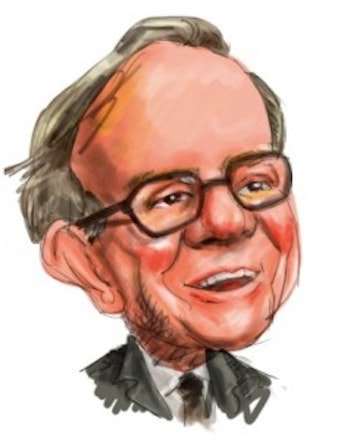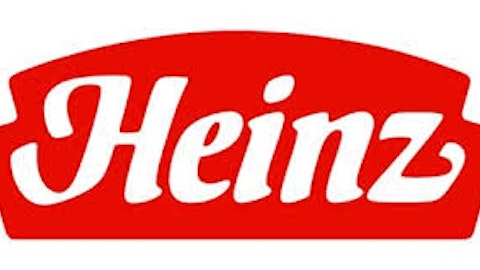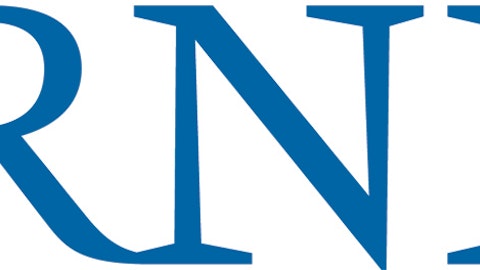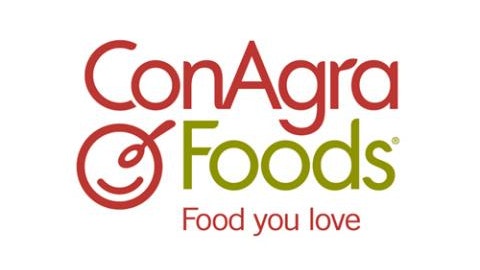
Heinz is a Wide Moat Business
Heinz is considered the global leader in the ketchup and baby food businesses, with a global brand portfolio and world-class iconic brands. Over the last 10 years, Heinz has reduced the number of business categories from 6 in 2002 to only 3 in 2012. The three main business categories are Ketchup & Sauces, Meals & Snacks, and Infant/Nutrition. Around 47% of the total sales were generated from the Ketchup & Sauces business, including one of its key brands, Heinz Ketchup. Heinz Ketchup is considered a market leader in several markets, with a 60% market share in the US, 70% in Canada, and around 80% in the UK. For the last 10 years, Heinz has been increasing its global mix successfully. The sales from emerging markets have grown significantly, from 7% in 2002 to nearly 25% in 2012. In the first quarter of fiscal year 2013, Heinz derived two-thirds of its revenue from the international market.
Tasty Deal for Buffett
The Heinz acquisition is not a common buyout deal that Warren Buffett often does. Looking closely into the deal structure, I find that the majority of his investment goes into preferred stocks. Berkshire Hathaway will invest more than $4.5 billion for a 50% stake in the company, and 3G will invest an equal amount for another 50% stake. In addition, Berkshire Hathaway will invest an additional $8 billion in preferred stocks in the company. Thus, out of the $12.5 billion that Buffett invests in the deal, around 64% goes into preferred stock investment. Interestingly, the preferred stocks carry a juicy dividend yield at 9%. Thus, the $8 billion preferred stock will pay Buffett a yearly stable preferred dividend of $720 million.
Is it an Expensive Deal?
At a purchase price of $72.50 per share, the deal values Heinz at nearly 14x trailing EBITDA, a 30% premium to Heinz’s 10-year EBITDA average. It seems to be quite pricey compared to its listed peers, including ConAgra Foods, Inc. (NYSE:CAG) and Nestle. ConAgra Foods, with a trading price of $33.70 per share, is worth nearly $13.7 billion on the market. The market is valuing ConAgra at 11.45x EV/EBITDA. Among the three, Nestle is the biggest company with a $218.5 billion market cap. It is valued at around 13.5x EV/EBITDA. However, the Heinz deal is not as expensive as Nestle/Pfizer Inc. (NYSE:PFE)’s baby food deal. In April 2012, Nestle purchased Pfizer Nutrition, a baby food business from Pfizer for around $11.85 billion, or as much as nearly 20 times EBITDA. In November 2012, ConAgra bought Ralcorp Holdings, Inc. (NYSE:RAH), a leader in the private brand food sector, for around $90 per share, with a total transaction value of $6.8 billion. The deal values Ralcorp at around 11x EV/EBITDA. Thus, the ConAgra/Ralcorp deal seems to be the cheapest. Among the three, ConAgra had the lowest LTM operating margin at 8%. Nestle’s operating margin is the highest at 16%, while the operating margin of Heinz is 14%.
Foolish Bottom Line
With a 14x EBITDA, the Heinz buyout deal doesn’t seem to be quite expensive. Personally, I think it is a fair deal. As Warren Buffett put it: “It’s far better to buy a wonderful company at a fair price than a fair company at a wonderful price.” With the market leading position, Heinz has quite a wide moat. It is really a great business that has been purchased at a fair price.
The article Warren Buffett’s Tasty Food Deal originally appeared on Fool.com and is written by Anh HOANG.
Copyright © 1995 – 2013 The Motley Fool, LLC. All rights reserved. The Motley Fool has a disclosure policy.





